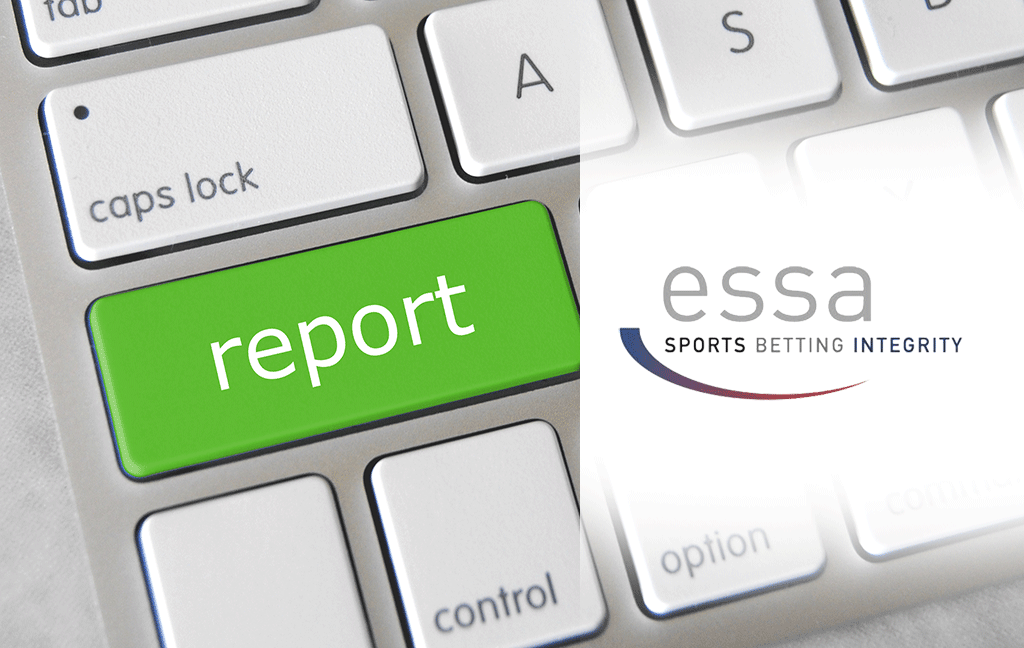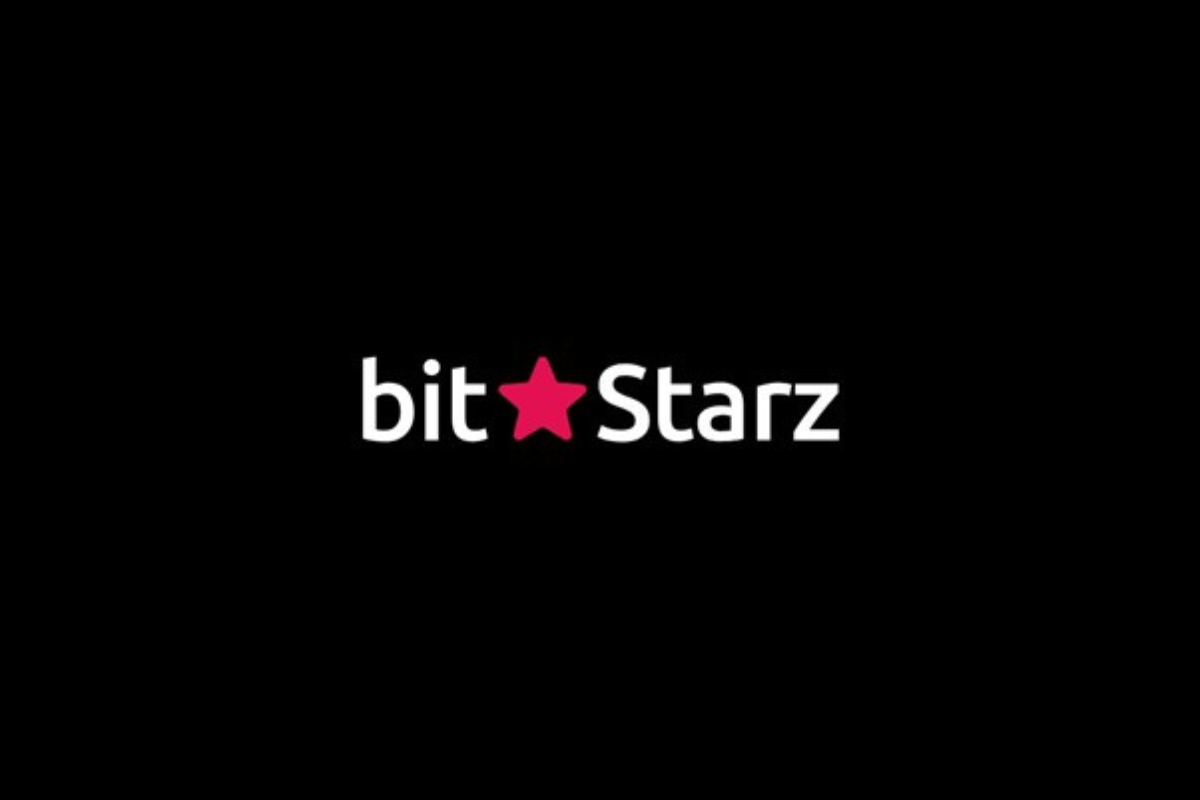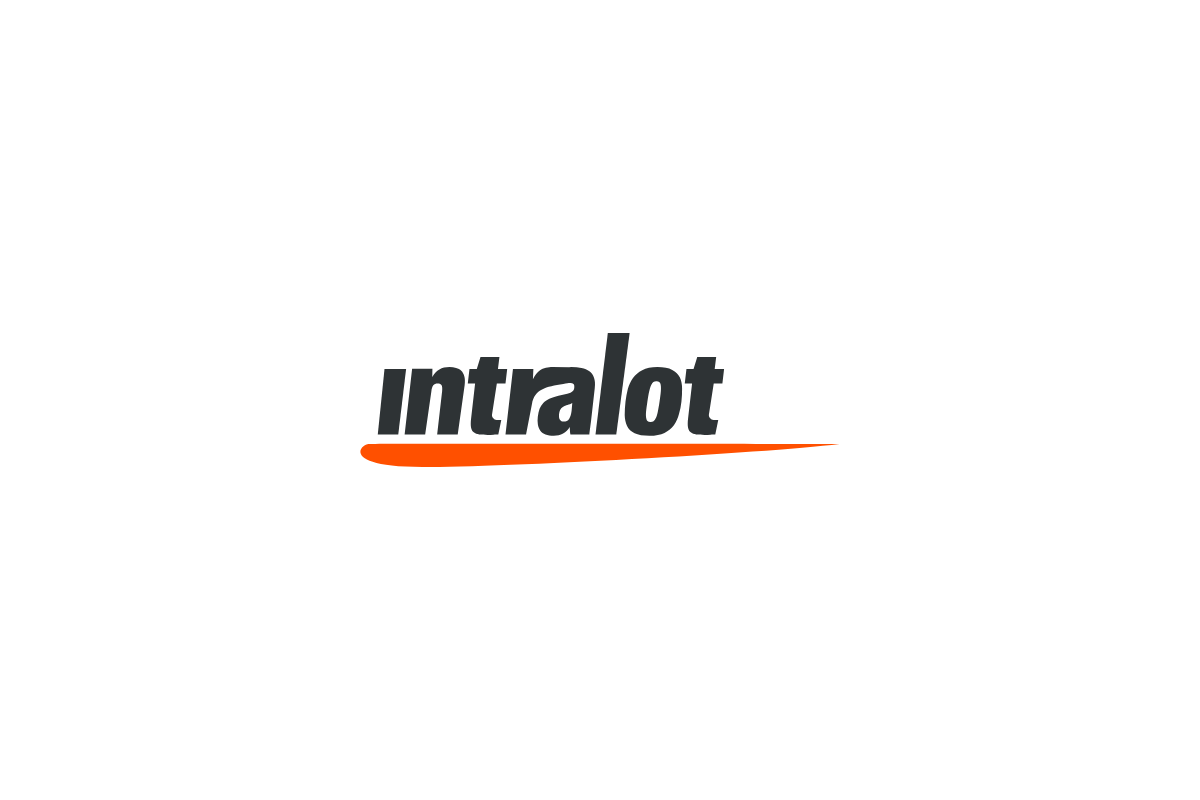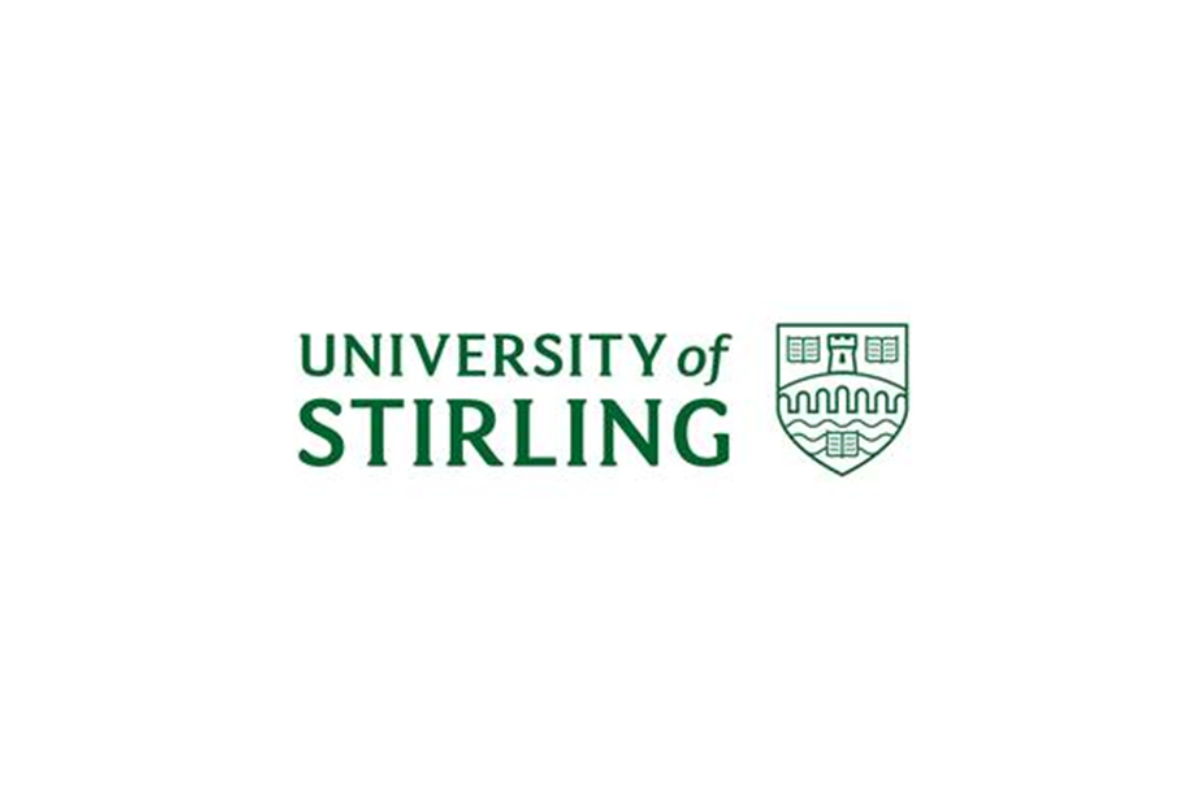European Union
ESSA reports 50 suspicious betting alerts during Q1 2018

Brussels, 2 May: International betting integrity body ESSA (Sports Betting Integrity) reported 50 cases of suspicious betting to the relevant authorities during the first quarter (Q1) of 2018. The Q1 cases involved 9 sports with: 27 cases in tennis, 11 cases in football, 4 in table tennis, 2 each in badminton and volleyball, and one each in basketball, beach volleyball, ice hockey and eSports.
ESSA Secretary General Khalid Ali said: “The publication of the interim report into integrity issues in tennis has understandably focused attention on that sport. Tennis makes up over half of our alerts in the first quarter of 2018, but it is important to highlight that it is one of nine sports on which alerts were reported. Therefore ESSA has continued the expansion of its information sharing partnerships throughout the first quarter.
“This has seen important agreements concluded with the Rugby Football Union, International Cricket Council, State of Victoria Police, Portuguese gambling regulator and UEFA. In addition, ESSA’s betting integrity officer was seconded to the IOC to help monitor the Winter Olympic Games. This proved to be a resounding success and will hopefully pave the way for similar stakeholder engagement and integrity partnership working with other sports during their high-profile events.”
The Q1 report includes an article by European football’s governing body UEFA on the organisation’s policy to tackle match-fixing through a four-pillar approach encompassing: education, legal framework, monitoring and investigation, and sanctions. UEFA works alongside a range of partners to protect football’s integrity and the announcement covering the recent signing of an information sharing agreement MoU with ESSA can be viewed here.
ESSA holds positions on high-level betting policy forums at the European Commission, Council of Europe and the IOC. It is driving a number of important initiatives aimed at addressing match-fixing and hosted an international betting integrity conference at Lords Cricket Ground (see here) at the end of last year, attended by over 150 senior officials from sports bodies, regulators and other key stakeholders. A copy of ESSA’s Q1 integrity report can be accessed here, along with previous reports.
About ESSA
ESSA represents many of the world’s biggest regulated sports betting operators, serving over 40 million consumers in the EU alone. Concerned regulated bookmakers created ESSA in 2005 to monitor betting markets and alert sporting bodies and national regulators to suspicious betting patterns. The goal was, and is, to protect consumers from potential fraud caused by manipulating sporting events. ESSA helps to combat this with evidence-based intelligence it provides to sporting bodies and regulators.
Every year, our members invest over €50m in compliance and internal security systems in order to help combat fraud. They also give back to sport and society by spending €400m on sponsorship around the world – €250m of that in Europe alone. This increases substantially when advertising and photo and video-streaming rights are taken into consideration. ESSA and its members also co-fund an education programme on gambling with EU Athletes that reaches out to 15,000 athletes/players across at least ten different sports in 13 EU countries.
ESSA continues to play a key role as the regulated betting sector’s representative body at national and international match-fixing policy forums and holds positions on working groups at the European Commission, Council of Europe and the International Olympic Committee (IOC). The organisation is continually reassessing and improving its alert and reporting systems and has established information sharing arrangements with a range of sports bodies and regulatory authorities.
ESSA members include: 888sport, ABB, Bet-at-Home, Betclic, Betdaq, Betsson, BetStars, BetVictor, Betway, bet365, bwin, Cashpoint, Expekt, Fonbet, Gamesys, Interwetten, Ladbrokes Coral, Paddy Power Betfair, Sky Bet, Sportingbet, Sporting Index, Sportium, Stanleybet, Stoiximan, Unibet and William Hill.
For more information see ESSA’s website at https://www.eu-ssa.org/ or visit us on twitter: @ESSA_Betting
-

 Latest News3 days ago
Latest News3 days agoPIN-UP Global Transforms into the RedCore Business Group
-

 Latest News6 days ago
Latest News6 days agoBitStarz Casino Review 2025: The Leading Crypto & Bitcoin Casino With Instant Withdrawal, Fast Payout & Latest Bonuses!
-

 Latest News6 days ago
Latest News6 days agoEGT Digital’s games are available to Bangbet’s customers in Tanzania
-

 eSports6 days ago
eSports6 days agoNODWIN Gaming and JioStar unveiling BGMS Season 4 with OnePlus as Title Partner and Android as Co-Title Partner
-

 Interviews6 days ago
Interviews6 days agoScale isn’t everything: Why agility is the new advantage in live casino
-

 Latest News6 days ago
Latest News6 days agoBC.GAME Strengthens African Strategy with Dual Regulatory Approval in Kenya
-

 eSports6 days ago
eSports6 days agoThe MongolZ Lift the Counter-Strike 2 at Esports World Cup Trophy, as Hero Run Ends in Title Triumph
-

 Asia5 days ago
Asia5 days agoED Arrests Karnataka MLA Veerendra “Puppy” in Illegal Betting Case


















